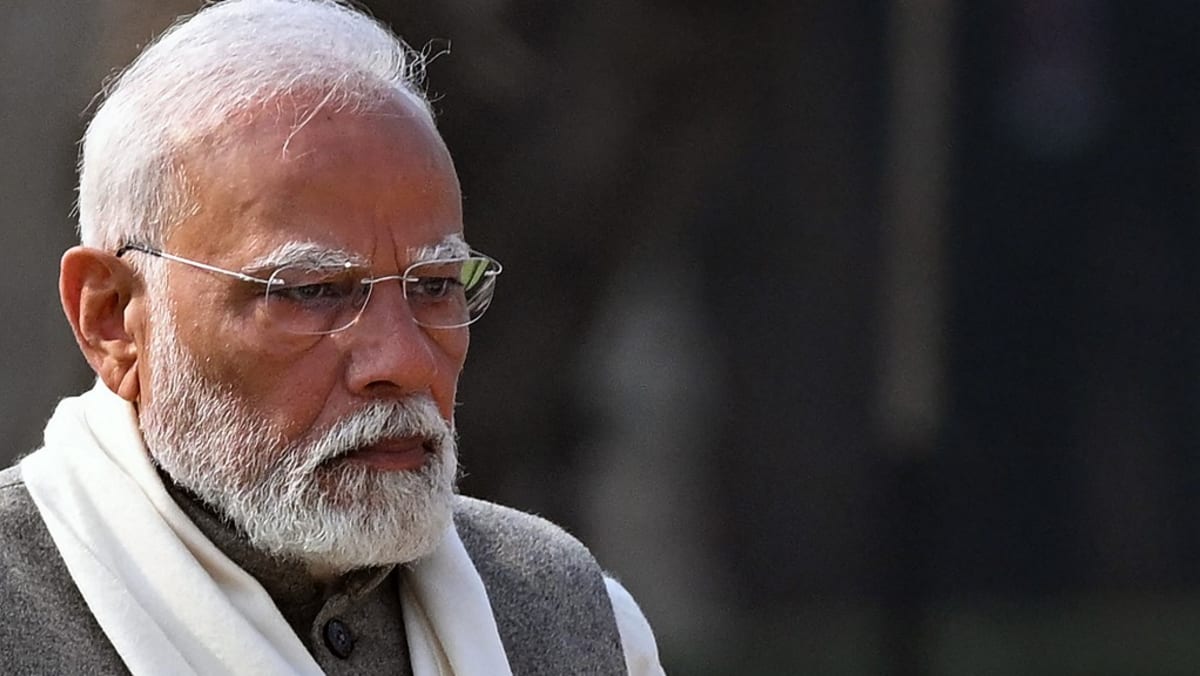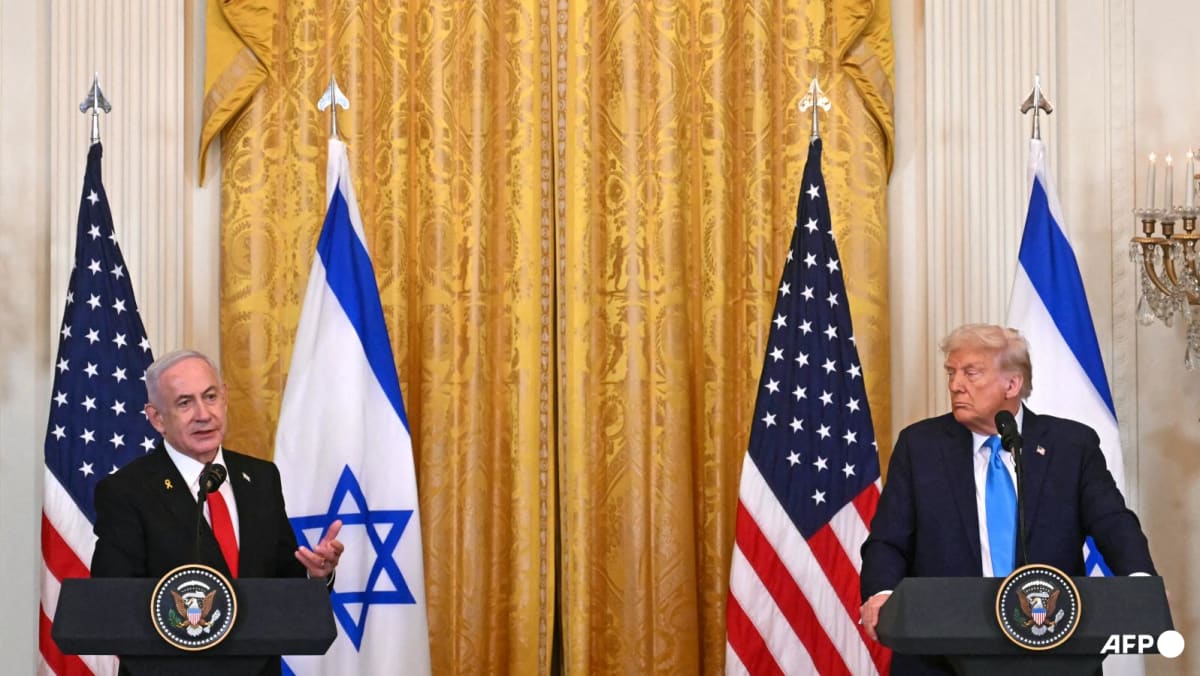KUALA LUMPUR: Both Malaysia’s government and opposition coalitions are facing big questions on unity after developments involving their key leaders in the past week point to possible cracks in their respective alliances.
The ruling Pakatan Harapan (PH) coalition was rocked by speculation that International Trade and Industry Minister Tengku Zafrul Tengku Abdul Aziz would jump ship from the United Malays National Organisation (UMNO) to its pact partner Parti Keadilan Rakyat (PKR).
After prime minister and PKR president Anwar Ibrahim admitted on Sunday (Dec 15) that Tengku Zafrul was in preliminary talks with the party, UMNO said that any such move would not be allowed.
Some UMNO members even called on the party to reconsider its support for the unity government.
Meanwhile, Perikatan Nasional (PN) – the opposition coalition – was hit by news that Terengganu chief minister Ahmad Samsuri Mokhtar of Parti Islam Se-Malaysia's (PAS) was stepping down from his position as treasurer-general of the coalition.
While the developments could cause “chaos” in both coalitions, analysts believed that the status quo would remain on both sides of the political spectrum in the near term.
“These issues are something that all parties need to solve immediately. The Tengku Zafrul issue is something that could change the political landscape but I believe the prime minister would now think twice about allowing him to join PKR,” said political analyst Awang Azman Awang Pawi of Universiti Malaya (UM).
The biggest political talking point of the weekend was Tengku Zafrul’s possible switch to PKR as well as speculation that he would become the chief minister of Selangor.
Political analyst Azmi Hassan of the Nusantara Academy for Strategic Research said that he was not surprised with the speculation surrounding Tengku Zafrul as he did not have much support within UMNO although he was a minister and a division chief.
“It would be very hard for him to be an elected representative in UMNO. He blamed UMNO for the toxic politics, but he cannot blame the party and its members. He was handed his post on a silver platter by the party’s leadership, but UMNO politics is all about grassroots support,” he told CNA.
To become Selangor’s chief minister, Tengku Zafrul would have to first contest and win a by-election to be a state assemblyman and then be appointed to the chief minister position by the state’s ruler. Another elected representative would have to resign and make way for Tengku Zafrul.
Selangor chief minister Amirudin Shaari however said that Selangor ruler Sultan Sharafuddin Idris Shah advised him to continue to serve as the chief minister until the end of his term. The Selangor state elections have to be called by 2028.
"Among the Sultan's advice was to ensure that I carry out my duties until they are completed and guarantee political stability in the country and the state," he was quoted as saying by the News Straits Times on Saturday (Dec 14).
 Malaysian Prime Minister Anwar Ibrahim speaks during the closing ceremony of the 44th and 45th ASEAN Summits and Related Summits and Handing Over of the ASEAN chairmanship to Malaysia, at the National Convention Centre, in Vientiane, Laos on Oct 11, 2024. (Photo: Reuters/Athit Perawongmetha/File Photo)
Malaysian Prime Minister Anwar Ibrahim speaks during the closing ceremony of the 44th and 45th ASEAN Summits and Related Summits and Handing Over of the ASEAN chairmanship to Malaysia, at the National Convention Centre, in Vientiane, Laos on Oct 11, 2024. (Photo: Reuters/Athit Perawongmetha/File Photo)
In a post on X on Sunday, Tengku Zafrul said that while he did have discussion with PKR to join the party, he has yet to decide on the matter. He also said that there were no discussions on positions at state level, or about by-elections being held.
He said that Malaysians are fed up with this frivolous and unhealthy politics, including baseless behind-the-scenes attacks.
“Many people are aware that I have highlighted these issues before in the context of Selangor UMNO, but unfortunately this matter still plagues them,” he said.
Tengku Zafrul who quit his position as Selangor UMNO treasurer in April of this year is a senator whose term is set to expire next year. A former banker, he became the finance minister in the aftermath of the “Sheraton Move” back in February 2020 via a senatorship.
He had lost the contest in the 15th general election but was then once again appointed as a senator who took up the portfolio of international trade and industry.
The term of office for a senator in Malaysia is three years, with a maximum of two terms.
UMNO president Ahmad Zahid Hamidi had on Saturday criticised those who put personal interests ahead of party loyalty, while secretary-general Asyraf Wajdi Dusuki said that the party would never accept or allow the practice of party-hopping by members of any party within the Unity Government.
“The culture of poaching members or leaders from each other's parties will only create disputes and conflicts, jeopardising the coalition’s stability,” he said in a statement on Sunday.
Azmi believed that Anwar would not sanction Zafrul’s move into the party after the backlash from UMNO.
“This is something that can bring about chaos and I think Anwar will think that it’s not worth the trouble. It is something that can threaten the unity of the federal government. Even though Tengku Zafrul is not considered to be a big asset for UMNO, it is about saving face and something that UMNO would not be able to accept,” he said.
Similarly Awang believed that there would be a lot of implications for Anwar if he allowed Tengku Zafrul to join the party, with those from PKR unhappy that Anwar would be promoting someone who was new.
“UMNO and BN made Anwar the prime minister and this is something that could have a big impact on the political landscape,” he told CNA, referring to the Barisan Nasional pact which used to rule Malaysia until it was ousted from power in 2018.
Anwar was sworn in as prime minister on Nov 24, 2022 after the 15th General Election failed to produce a clear winner and resulted in a hung parliament.
He leads a unity government comprising PH, previous ruling coalition Barisan Nasional, Gabungan Parti Sarawak, Gabungan Rakyat Sabah and Parti Warisan.
 Perikatan Nasional chairman Muhyiddin Yassin speaks at the coalition's launch of its Selangor manifesto on Aug 4, 2023. (Photo: CNA/Rashvinjeet S Bedi)
Perikatan Nasional chairman Muhyiddin Yassin speaks at the coalition's launch of its Selangor manifesto on Aug 4, 2023. (Photo: CNA/Rashvinjeet S Bedi)
NOT SO ROSY IN PN EITHER
At the same time, PN is also showing cracks of its own following Ahmad Samsuri’s resignation as its treasurer-general last week, say analysts.
PN is made up of Bersatu, PAS, and Parti Gerakan Rakyat (Gerakan).
Azmi said that PAS has been unhappy with Bersatu over the issue of the designation of the pact’s prime ministerial candidate for the next election.
During their annual general meeting last month, Bersatu delegates voiced support for former premier Muhyiddin Yassin to be the prime ministerial candidate for PN in the next general election.
Many PAS supporters have however voiced support for a candidate from their party.
Azmi also pointed out that Bersatu politicians are holding the biggest positions such as opposition leader and secretary-general of the coalition.
“PAS has more members in parliament but are still considered to be the small brother in PN. They have been unhappy for a while but it might have been exacerbated after the appointment of Azmin Ali as PN secretary-general,” said Azmi.
Ahmad Samsuri, who is also PAS vice-president, has said that his resignation as PN treasurer is part of efforts to “strengthen the coalition”.
“There is no rift or discord involved. We are just finding ways to strengthen PN for it to become a stronger political consensus as we prepare to face the next general election,” he was quoted as saying by Malay news portal Sinar Harian.
Azmi said that this explanation did not make sense and that Ahmad Samsuri’s action could be interpreted as a warning to Bersatu.
“While the position is relatively unimportant, his actions showed that PAS could mean that it was a warning to Bersatu. By quitting the position, PAS is showing that they can use their leverage to leave the coalition,” he said.
Awang echoed similar sentiments, saying that PAS was clearly unhappy with Bersatu and wanted to show that it could also lead the coalition. He said that leaders of both parties, including Muhyiddin, needed to trash out the issues that were causing disunity to the coalition.
“There is a need to resolve this situation immediately because it can weaken the coalition,” he said.

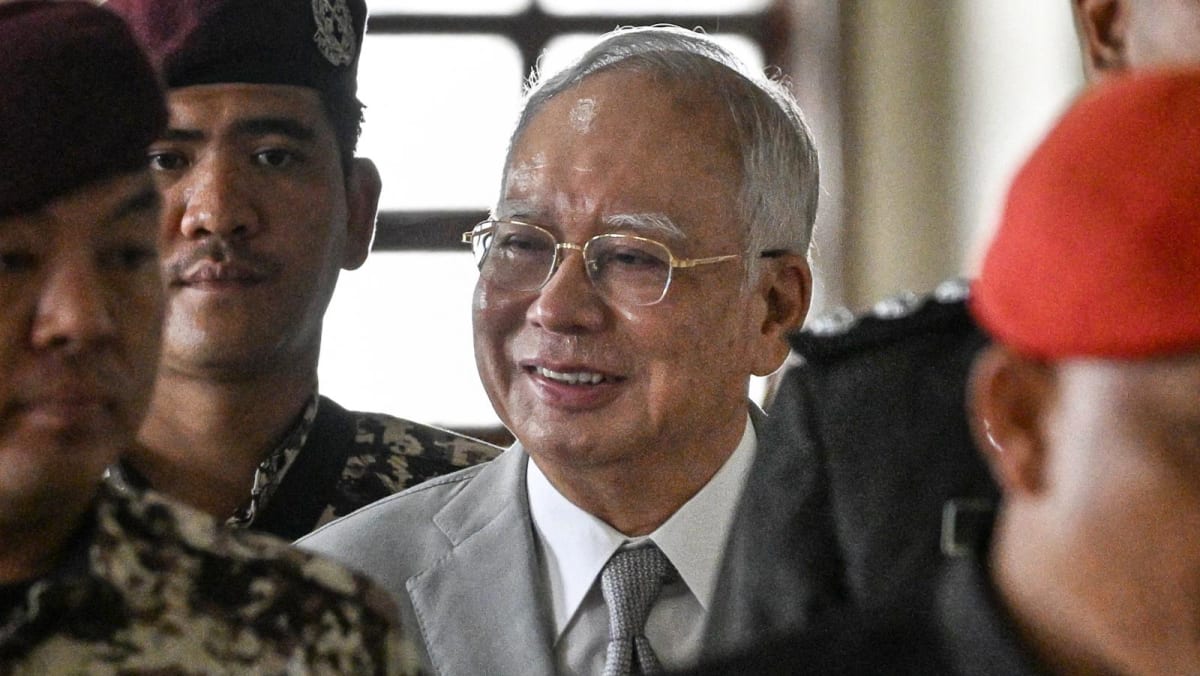
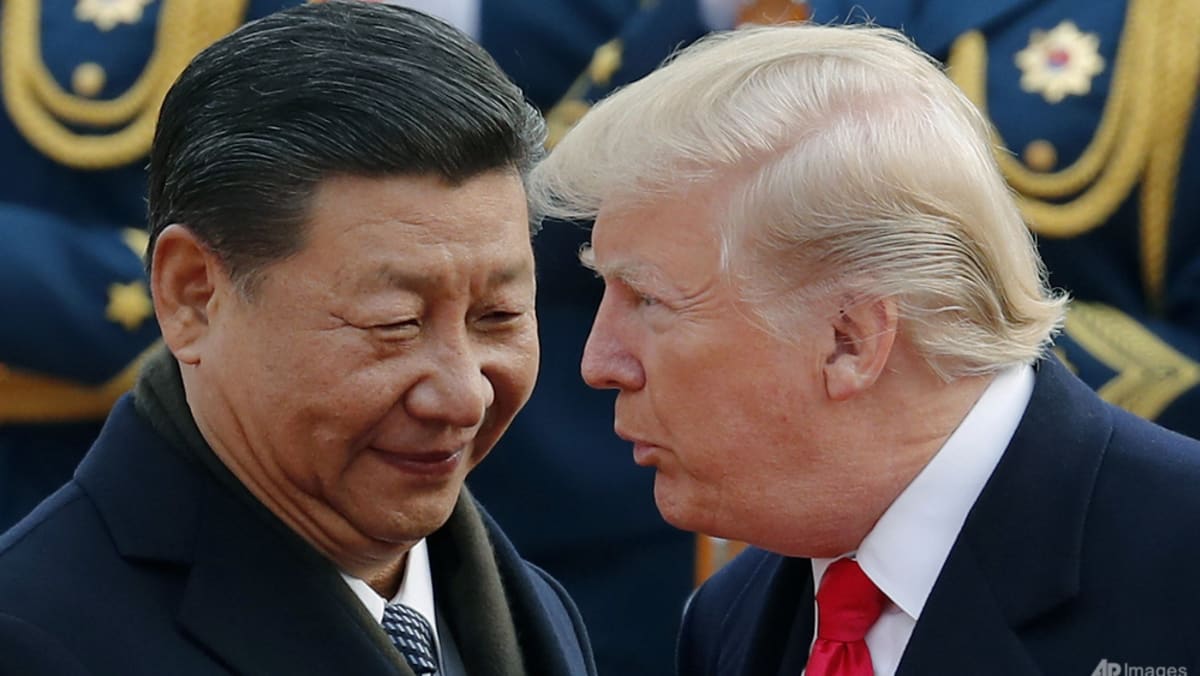
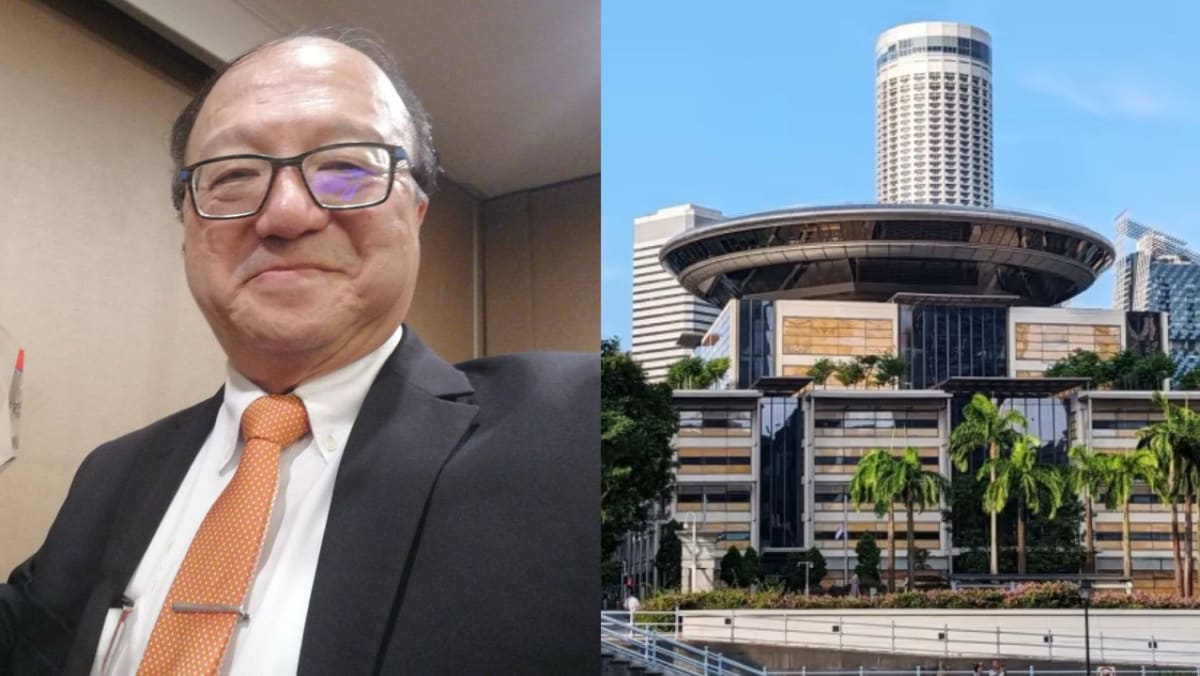


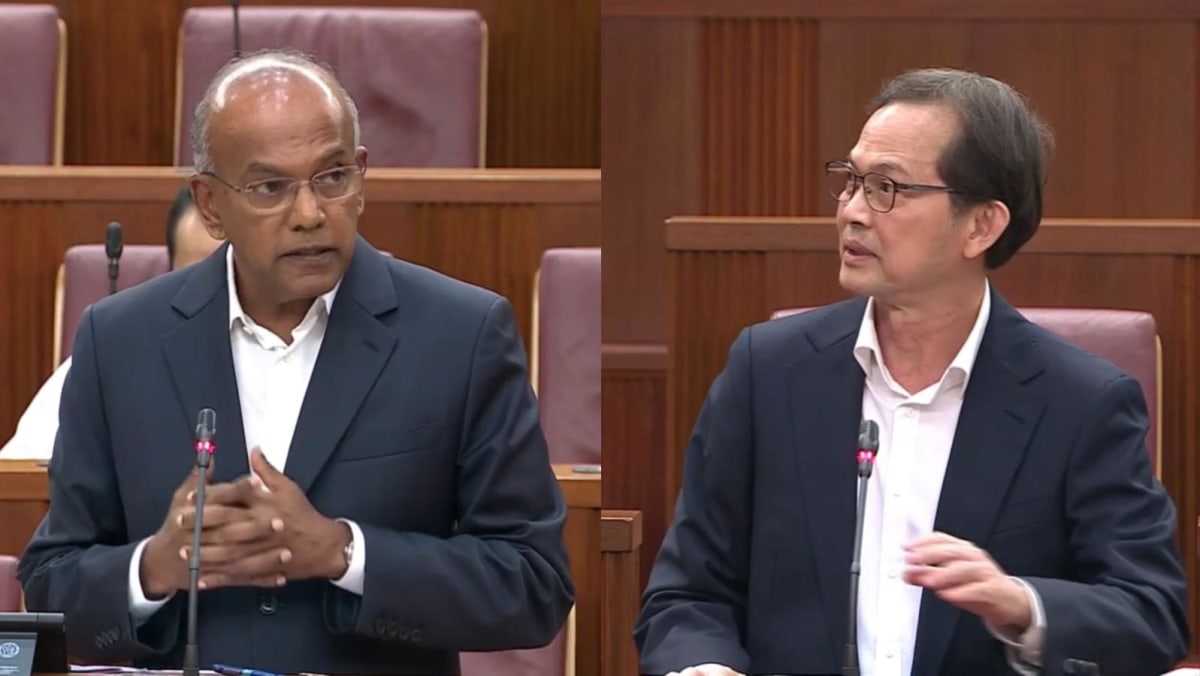

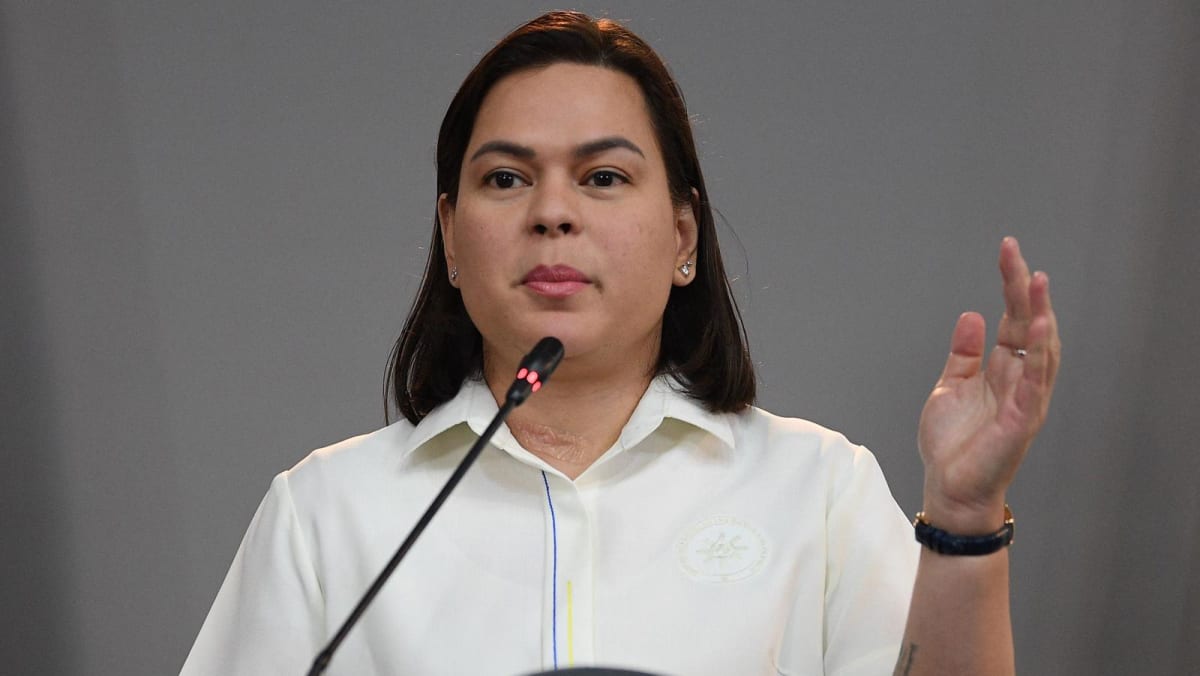
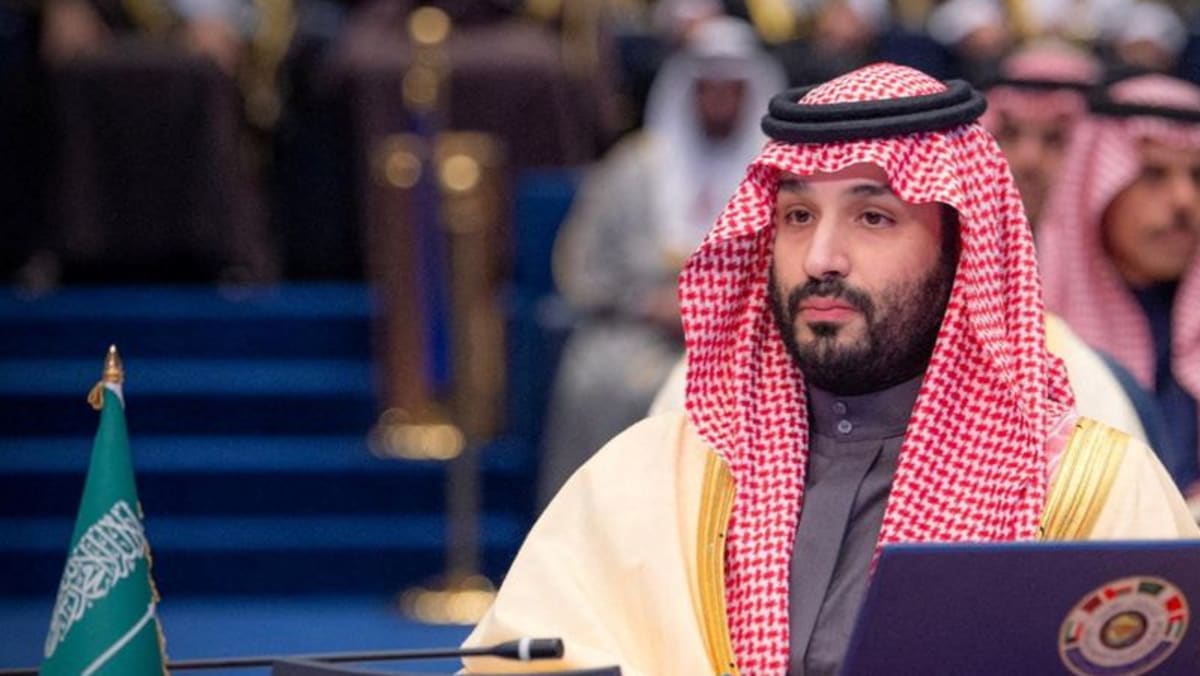
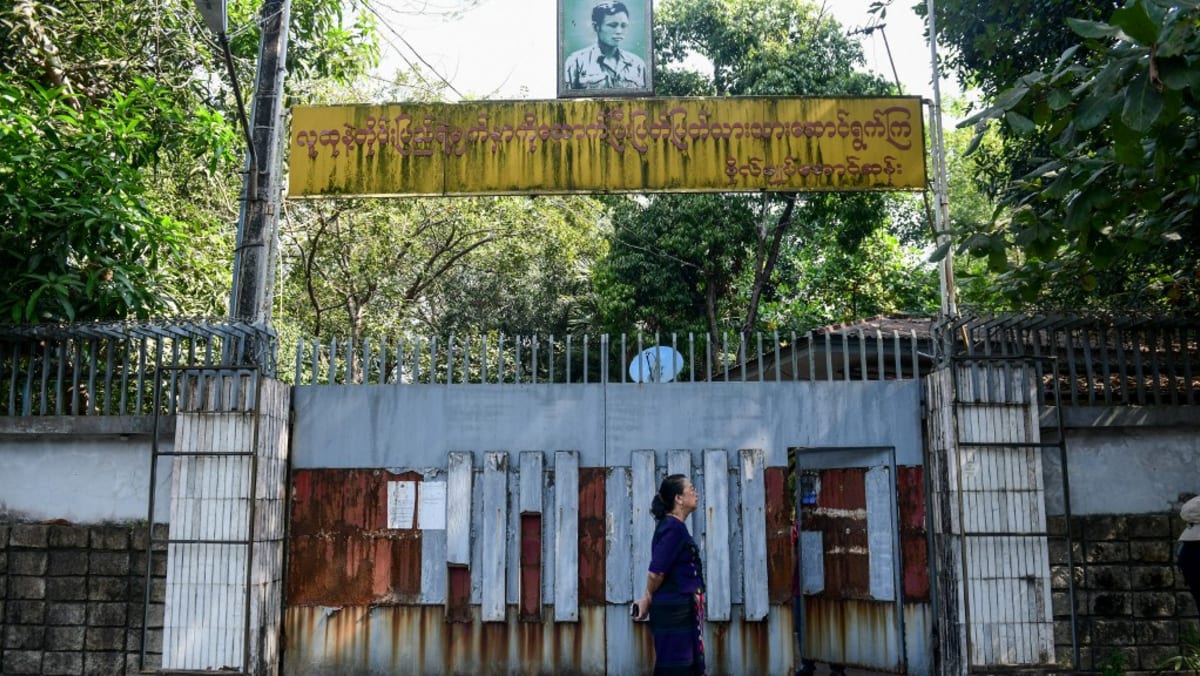
.jpg?itok=HVcXoYme)



